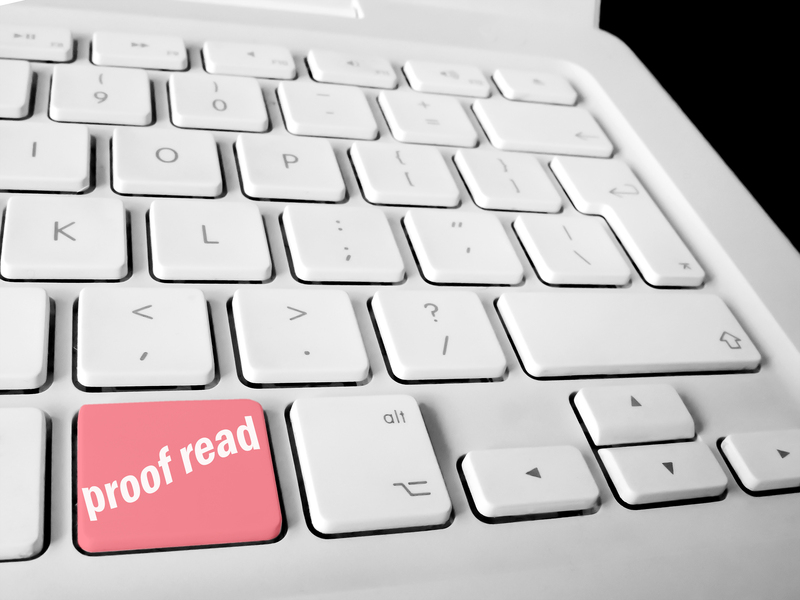What Is Hard Rubbish and How Do You Get Rid of It?
If you've embarked on a home renovation, spring cleaning, or simply decluttering, you've likely encountered hard rubbish. This phrase might conjure images of large, unwieldy items that don't fit neatly into your regular garbage bin. But what exactly is hard rubbish, and how can you effectively dispose of it? This comprehensive guide will walk you through everything you need to know about hard rubbish, along with tips for responsible disposal.

Understanding Hard Rubbish
Hard rubbish, sometimes referred to as bulky waste or hard waste, encompasses items that are too large or too cumbersome for the regular trash collection. These items often include old furniture, mattresses, broken appliances, scrap metal, and other sizable objects that need special handling.
Examples of Hard Waste
- Furniture: Sofas, chairs, tables, bed frames
- Electronics: Televisions, refrigerators, washing machines
- Garden Waste: Large branches, stumps, timber
- Miscellaneous: Bicycles, rugs, old carpet
It's crucial to differentiate between hard rubbish and hazardous waste. Items like paint, chemicals, and pesticides might require different disposal methods for safety and environmental reasons.
Why Proper Disposal of Hard Rubbish Is Important
Improper disposal of hard rubbish can have several negative impacts:
- Environmental Concerns: These items can take years or even decades to decompose in a landfill, releasing harmful substances into the environment.
- Aesthetics: Leaving hard rubbish on the curb can be unsightly and attract unwanted pests.
- Legal Issues: Many regions have regulations that penalize improper disposal of large items, leading to potential fines.
How to Get Rid of Hard Rubbish
Council Collection Services
Most local councils offer periodic hard rubbish collection services. These are often scheduled one or two times per year, allowing residents to dispose of bulk items. Here's how you can make the most of this service:
- Check Local Guidelines: Visit your local council's website or call their office to learn about collection dates, accepted items, and any rules you need to follow.
- Prepare Accordingly: Ensure your hard waste is placed on the verge or curbside prior to the scheduled collection date. Items should be neat and manageable for the removal team.
- Abide by Restrictions: Adhere to any item size or weight restrictions outlined by your council to avoid non-collection and potential penalties.
Professional Junk Removal Services
If you have a significant amount of hard rubbish or require disposal outside of scheduled council collections, consider hiring a professional service. These companies specialize in the removal of bulky waste, ensuring efficient and environmentally friendly disposal methods.
When selecting a service:
- Research Providers: Look for providers with positive reviews and fair pricing. Ensure they have the necessary licenses and certifications.
- Get Quotes: Contact multiple companies to compare prices and services. Many companies offer free estimates.
- Ensure Eco-Friendliness: Choose a company that prioritizes recycling and donating usable items to minimize landfill contributions.
DIY Disposal Methods
For those who prefer a hands-on approach, DIY disposal is an option, albeit more labor-intensive:
- Recycling Centers: Drop off recyclable items like metals, electronics, and untreated timber at local recycling centers.
- Donations: Charities and secondhand stores often accept usable items like furniture and appliances.
- Landfill Trips: If you have access to a suitable vehicle, consider a trip to the landfill for non-recyclable materials.

Tips for Reducing Hard Waste
Embrace a Minimalist Lifestyle
Consider adopting a minimalist lifestyle that focuses on intentional living with less material clutter. This not only reduces hard waste but also leads to a more organized and stress-free environment.
Repair Instead of Replace
Before discarding an item, consider if it can be repaired. There are numerous DIY guides and professionals who can restore functionality to broken items, extending their lifespan and reducing waste.
Purchase Smartly
When buying new items, opt for durable, high-quality products that promise longevity. This reduces the frequency of replacements, indirectly reducing bulky waste.
Conclusion
Effectively managing hard rubbish involves understanding what it is, its impact, and knowing the best disposal methods available to you. Whether utilizing council services, hiring professional help, or taking the DIY route, responsible disposal is key. With these strategies, you can ensure that your community remains clean and that environmental impact is minimized.
Remember, the best way to tackle hard rubbish is to prevent it. Adopt a mindful approach to consumption, repair what you can, and always recycle or donate before tossing items out. Our environment will thank you for it!